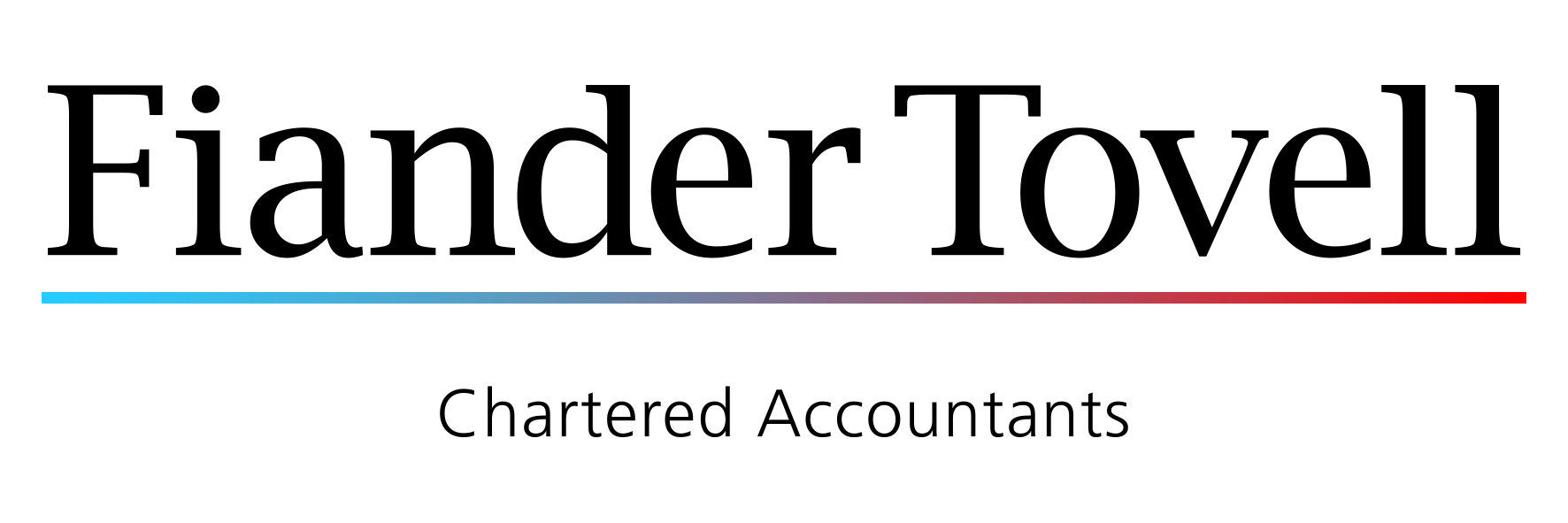
The optimum Director salary for 2025/26
Owner–managed businesses have the flexibility of deciding how to pay themselves, either via a salary, dividends or a mixture of both. In this article, we’ll break down the most tax-efficient way to pay yourself as a director in 2025/26.
How much should a Directors salary be?
For 2025/26, Directors with no other income should look to pay themselves the optimum Directors salary of £12,570 per annum, which equates to £1,047 per month or £241 per week, with any additional income being paid as dividends.
Benefits of this salary
£12,570 per annum is the most tax efficient amount as it ensures that the Director qualifies for the state pension but does not need to pay any National Insurance (NI) employee contributions and PAYE.
In addition to this, salary paid is a tax-deductible expense. With corporation rates at 19%, 25% and 26.5%, on a salary of £12,570 per Director, the company will save corporation tax of anywhere between £2,388 and £3,331. There is no such saving if dividends are paid.
When would this salary not be advisable?
If the Director has other income such as pension / rental income or another salary, it’s in their best interest to pay a £nil salary. It’s also not advisable for Directors to pay themselves this amount if they have reached the number of qualifying years for state pension.
There are also situations where a higher salary would be more appropriate. These include:
- If Directors have a contract of service as they must legally be paid the National Minimum Hourly Wage which would be higher than £12,570 per annum
- If the company has made losses in the past as dividends can only be paid out if the company has profit and loss reserves
- If there may be Employment Allowance available
- If the Director has reached pension age and therefore does not incur Employee NI
- If, for the purpose of a mortgage, the bank or building society insists that the Director receiving a high level of fixed salary (although most providers consider Dividends for Directors/Shareholders as being part of remuneration)
What about Employment Allowance?
The Employment Allowance allows a company to reduce their Employer NI liability by up to £10,500 per annum, a significant increase from the 2024/25 tax year which was only a £5,000 reduction.
Unfortunately, the Employment Allowance is not available to all businesses. A company must have multiple Directors or employees to be able to make the claim. Read more about Employment Allowance here.
Should an Employment Allowance claim be available, then the Employer NI of £1,136 would reduce down to £nil.
There are also situations where a higher salary would be more appropriate. These include:
- If Directors have a contract of service as they must legally be paid the National Minimum Hourly Wage which would be higher than £12,570 per annum
- If the company has made losses in the past as dividends can only be paid out if the company has profit and loss reserves
- If there may be Employment Allowance available
- If the Director has reached pension age and therefore does not incur Employee NI
- If, for the purpose of a mortgage, the bank or building society insists that the Director receiving a high level of fixed salary (although most providers consider Dividends for Directors/Shareholders as being part of remuneration)
How can we help?
Before deciding on how to proceed with setting an optimum salary for your company Directors that matches your specific requirements, you should seek professional advice.
Please do not hesitate to contact us to discuss the salary to pay your Directors, maximisation of profit extraction, operation of payroll or eligibility of Employment Allowance.




